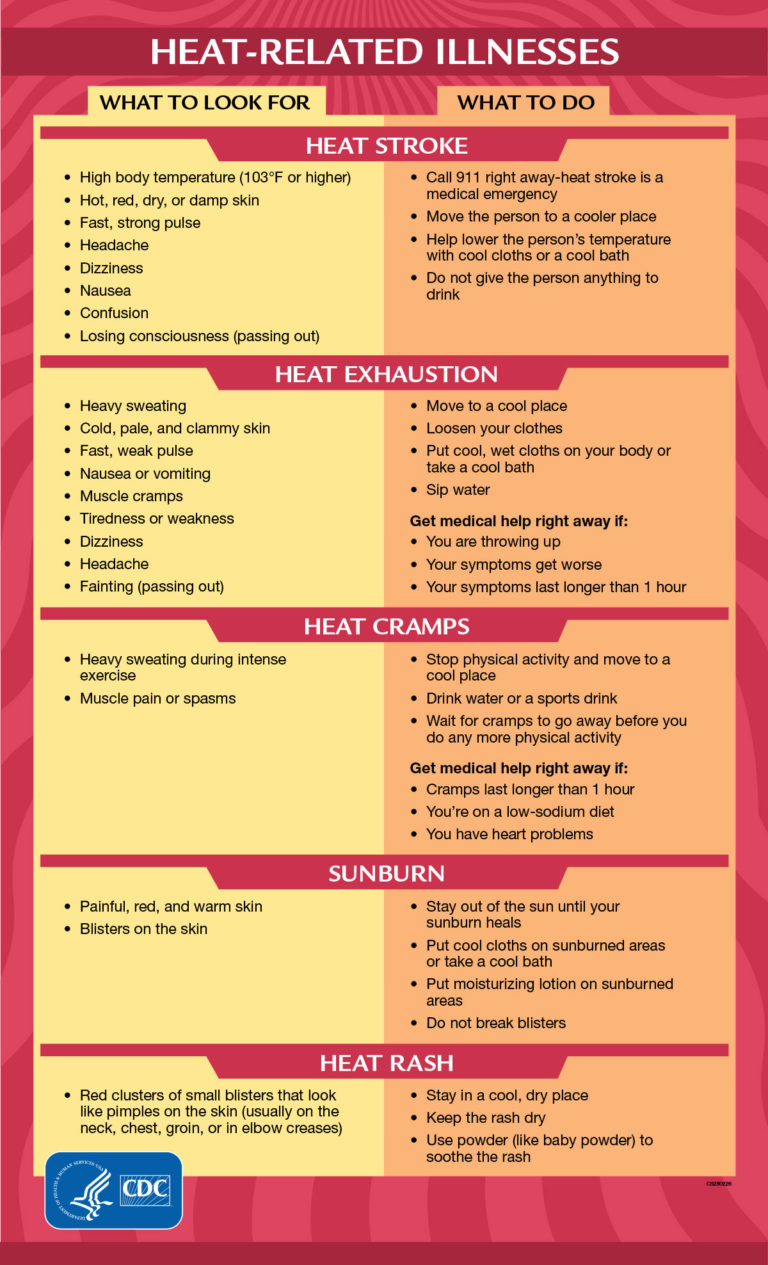From the September Mercy Occupational Medicine eNewsletter
With the recent surge in COVID-19 cases — and specific concern over breakthrough cases involving fully vaccinated individuals, employers may have questions regarding what can be done to help keep their employees as safe as possible at work.
What exactly is a “breakthrough” COVID-19 infection?
When a fully vaccinated person tests positive for COVID-19, it is referred to as a “breakthrough infection.” To be considered a breakthrough case, the infection must occur more than 14 days after all recommended doses of a COVID-19 vaccine have been administered. While symptomatic infections are the primary concern, asymptomatic infections can occur as well.
Breakthrough cases are normal and expected
COVID-19 vaccines are very effective at preventing infection, serious illness, and death, and unvaccinated people account for the vast majority of current COVID-19 cases. However, since no vaccine is 100% effective at preventing infection, some fully vaccinated people will still get COVID-19. Some may even have severe reactions. That said, the vaccines significantly reduce the likelihood of hospitalization and death in the rare event a breakthrough case does occur. The best way to prevent infection and slow the spread of COVID-19 is to get vaccinated.
Delta and other variants
COVID-19’s delta variant is more contagious than previous mutations of the virus. However, studies indicate that the vaccines authorized in the U.S. work well against the delta variant, particularly in preventing severe disease and hospitalization. Of course, with more infections overall due to higher transmissibility, there will also be more breakthrough infections — but the risk of infection, hospitalization, and death are all much lower in vaccinated people compared to the unvaccinated.
What can employers do to prevent an outbreak of COVID-19 in their workforce?
- Encourage employees to become vaccinated. Vaccines are safe, effective and work well at preventing severe disease.
- Arrange work areas to allow for physical distancing, if possible.
- If employees cannot physically distance or work in high-traffic areas, encourage the use of masks even for those who are fully vaccinated.
- Employees who have been in contact with infected persons or who develop symptoms should be tested and limit their exposure to others.
- Avoid crowds and poorly ventilated spaces, regardless of vaccination status.
- Regularly clean and disinfect commonly touched work surfaces.
- Continue to encourage thorough and frequent hand-washing.
- Remind employees to monitor their well-being daily and watch for changes in health, such as an unusual feeling of fatigue or shortness of breath, developing a fever or cough, and loss of taste or smell.
Employers are encouraged to be vigilant in their efforts to keep COVID-19 at bay. Mercy Urgent Care and Occupational Medicine can help support workplace efforts to reduce COVID-19 exposure with vaccination programs, testing, and workplace evaluations. Please contact Jeff Howell at jhowell@mercyurgentcare.org for a consultation or to set up workplace services.
Source: Center for Disease Control and Prevention


